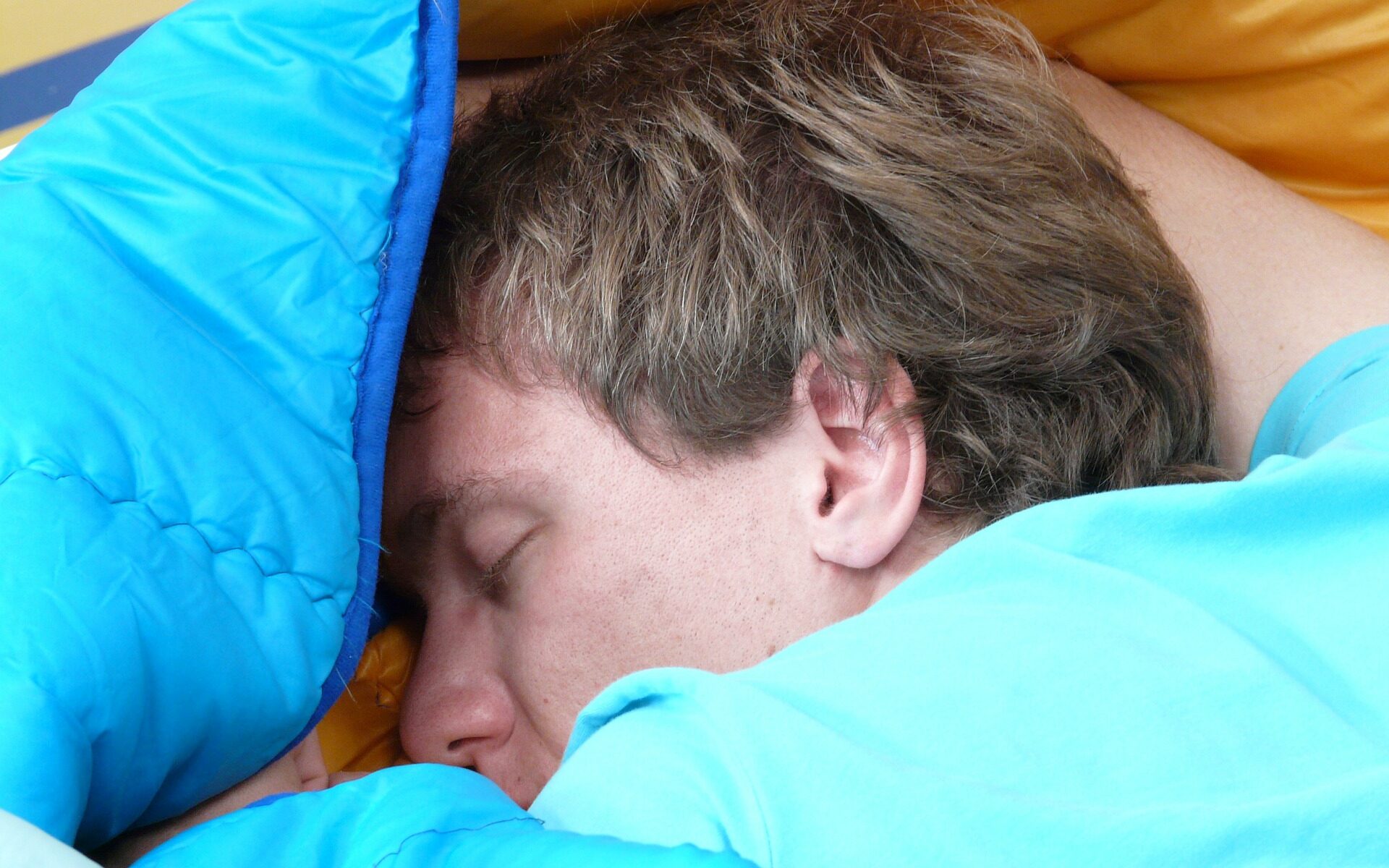Sleep seems an unlikely culprit in the blame game for prediabetes.
Did we really develop prediabetes because we stayed up late surfing the Internet? Well . . . maybe.
Or, was it because we zonked out for too many hours?
Research is showing that both short sleep and long sleep may affect our risk of prediabetes.[i]
That last bit was a surprise. Too much sleep can affect our risk of developing prediabetes? Again, maybe, although the science is not as pronounced on this.[ii]
Studies are indicating that short sleep, typically five or six hours[iii] or less, is a risk factor in developing prediabetes and type 2 diabetes. And yes, some studies indicate that long sleep[iv], typically nine hours or more, may also be a risk factor.
It’s not a straight line from poor sleep to prediabetes. Obesity is linked to sleep loss.[v] Obesity is a risk factor for the development of prediabetes. The line then goes sleep poorly, get fat, develop prediabetes. What caused the prediabetes? The obesity, or the lack of quality sleep?
However curvy the line is between poor quality sleep and prediabetes, the two are connected.
Getting adequate sleep each night (or day, if that’s when you get your sleep), is critical to overall health, and will only help in our journey to get out of prediabetes land.
Here are some tips from the NIH to make sleeping a solid seven or eight hours more doable:
- Try to keep the same sleep schedule on weeknights and weekends. Limit the
difference to no more than about an hour. Staying up late and sleeping in late
on weekends can disrupt your body clock’s sleep–wake rhythm. - Use the hour before bed for quiet time. Avoid strenuous exercise and bright
artificial light, such as from a TV or computer screen. The light may signal
the brain that it’s time to be awake. - Avoid heavy and/or large meals within a couple hours of bedtime. (Having a light
snack is okay.) Also, avoid alcoholic drinks before bed. - Avoid nicotine (for example, cigarettes) and caffeine (including caffeinated soda,
coffee, tea, and chocolate). Nicotine and caffeine are stimulants, and both
substances can interfere with sleep. The effects of caffeine can last as long
as 8 hours. So, a cup of coffee in the late afternoon can make it hard for
you to fall asleep at night. - Spend time outside every day (when possible) and be physically active.
- Keep your bedroom quiet, cool, and dark (a dim night light is fine, if needed).
- Take a hot bath or use relaxation techniques before bed.
- Go to bed and wake up at the same time every day.
We cannot take this information and apply it in undiluted form to our individual case histories. Each body is different, and the sleep requirements to maintain health will be different.
Too much or too little sleep on its own is unlikely to be the reason we developed prediabetes. But every risk factor that we can address and fix, for lack of a better word, is worth looking at.
[i] JAMA Internal Medicine, Association of Sleep Time With Diabetes Mellitus and Impaired Glucose Tolerance, https://jamanetwork.com/journals/jamainternalmedicine/fullarticle/486518, (March 11, 2019).
[ii] NCBI NLM/NIH, Sleep disorders and the development of insulin resistance and obesity, https://www.ncbi.nlm.nih.gov/pmc/articles/PMC3767932/, (March 12, 2019).
[iii] Diabetic Medicine, Association between duration and quality of sleep and the risk of pre-diabetes: evidence from NHANES, https://onlinelibrary.wiley.com/doi/abs/10.1111/dme.12165, (March 11, 2019).
[iv] https://jamanetwork.com/journals/jamainternalmedicine/fullarticle/486518 (March 11, 2019).
[v] NCBI NLM/NIH, Sleep and Obesity, https://www.ncbi.nlm.nih.gov/pmc/articles/PMC3632337/, (March 13, 2019).

